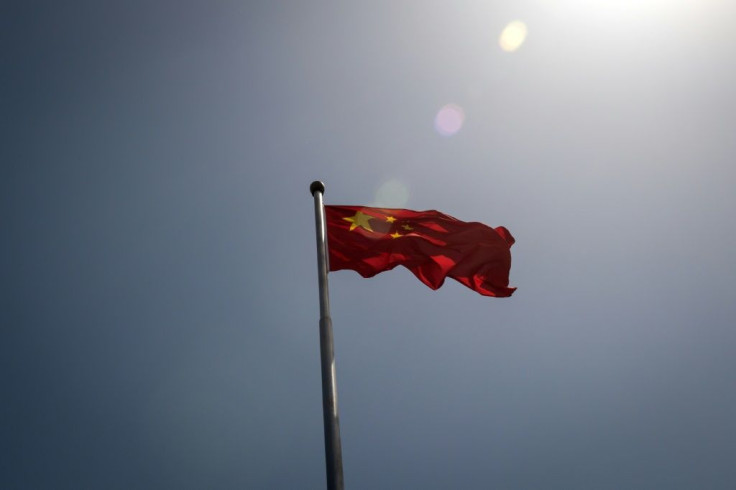The Chinese Are Back! Philippines Protests After A Fleet Of 100 Boats Return To Disputed Waters
KEY POINTS
- Over 300 Chinese maritime militia vessels had swarmed the reef last year too
- Manila said the presence of boats was a source of instability in the region
- The Chinese embassy at Manila has not yet responded to the statement
The Philippines have filed a diplomatic protest against Beijing after a fleet of Chinese vessels reportedly returned to the Whitsun reef in the South China Sea. Whitsun Reef, called the Julian Felipe Reef in the Philippines, lies within Manila’s exclusive economic zone.
This comes a year after over 300 Chinese maritime militia vessels swarmed the reef forcing Manila to voice its protest against the intrusion. The incident, which China justified as "fishing boats sheltering from poor weather," had worsened the relationship between the countries.
A statement by the Department of Foreign Affairs (DFA) on Thursday said the vessels were spotted illegally operating in the vicinity in April, reported Philstar.
"The persistent swarming of Chinese vessels is contrary to international law, including the 1982 United Nations Convention on the Law of the Sea and the final and binding 2016 Arbitral Award," the DFA said.
"The lingering unauthorized presence of Chinese fishing and maritime vessels is not only illegal, but is also a source of instability in the region," the statement added.
The department did not say when the protest was filed or whether the vessels still remain at the reef. The Chinese embassy in Manila has not yet responded to the statement.
Interestingly, the statement comes hours after President-elect Ferdinand Marcos Jr. met with U.S. Deputy Secretary of State Wendy Sherman in Manila. Sherman said the meet was aimed at "preserving a free and open Indo-Pacific." After his election, Marcos Jr had maintained that he would uphold an international ruling against Beijing over the disputed South China Sea, insisting he would not let China trample on Manila's maritime rights.
The Philippines had recently filed another diplomatic protest against China over its unilateral imposition of a fishing ban in the South China Sea. The DFA had opposed a Chinese moratorium, which allegedly covered areas in the South China Sea over which the Philippines has sovereignty, sovereign rights, and jurisdiction.
According to reports, China employs such vessels to operate in disputed water to exert its monopoly over the resource-rich South China Sea. Beijing also reportedly pays over US$3,700 to these boats as fuel subsidies a day for operating in such territories.
A U.S.-based think tank had released a study that said the maritime militia operates from a string of 10 ports in China’s Guangdong and Hainan provinces. The maritime militia also interfered with the fishing, seabed exploitation and other activities of Southeast Asian states.

© Copyright IBTimes 2024. All rights reserved.





















